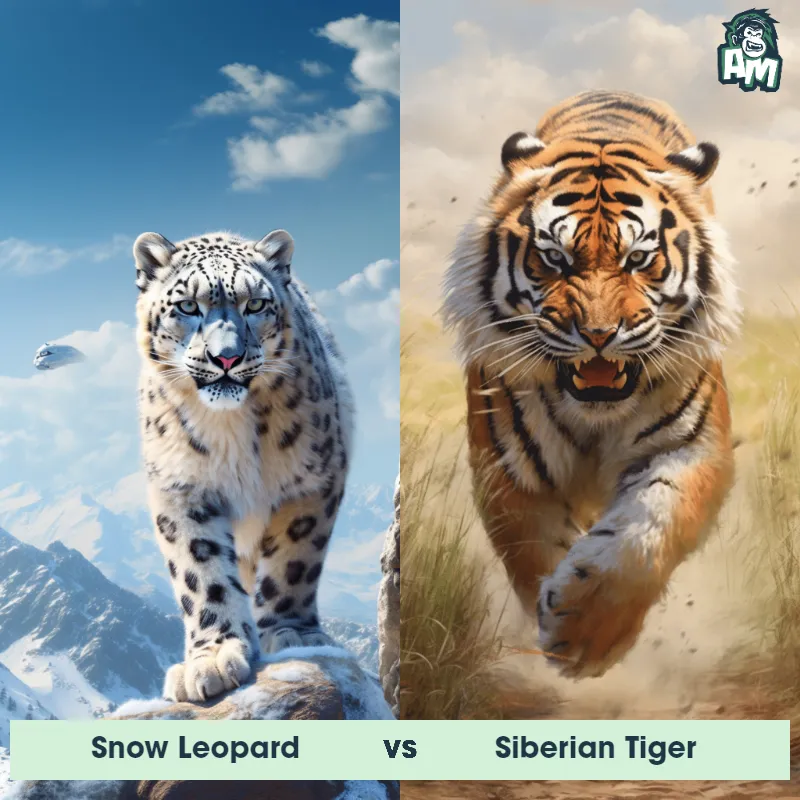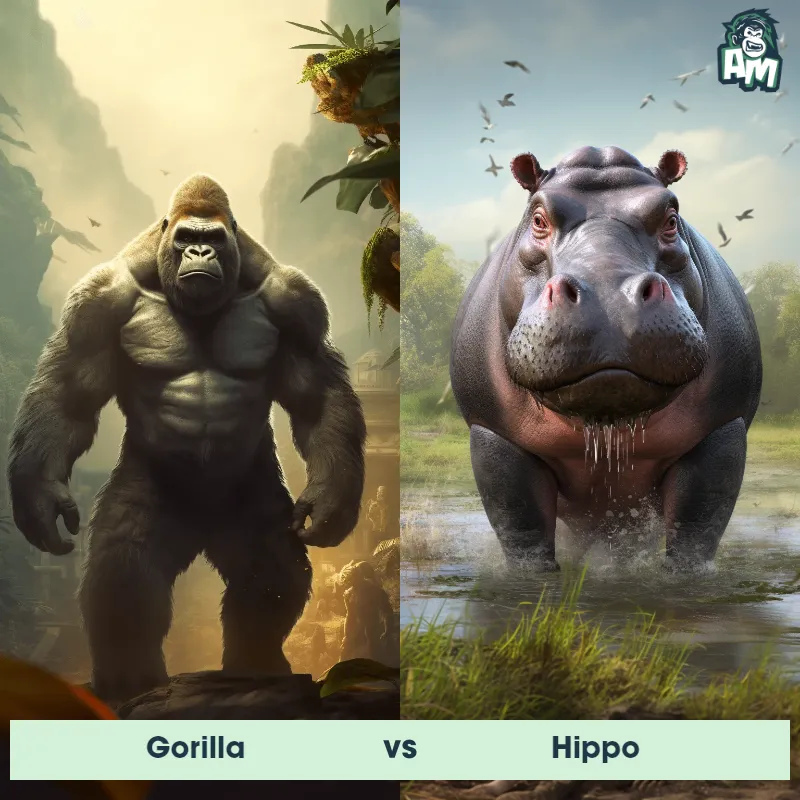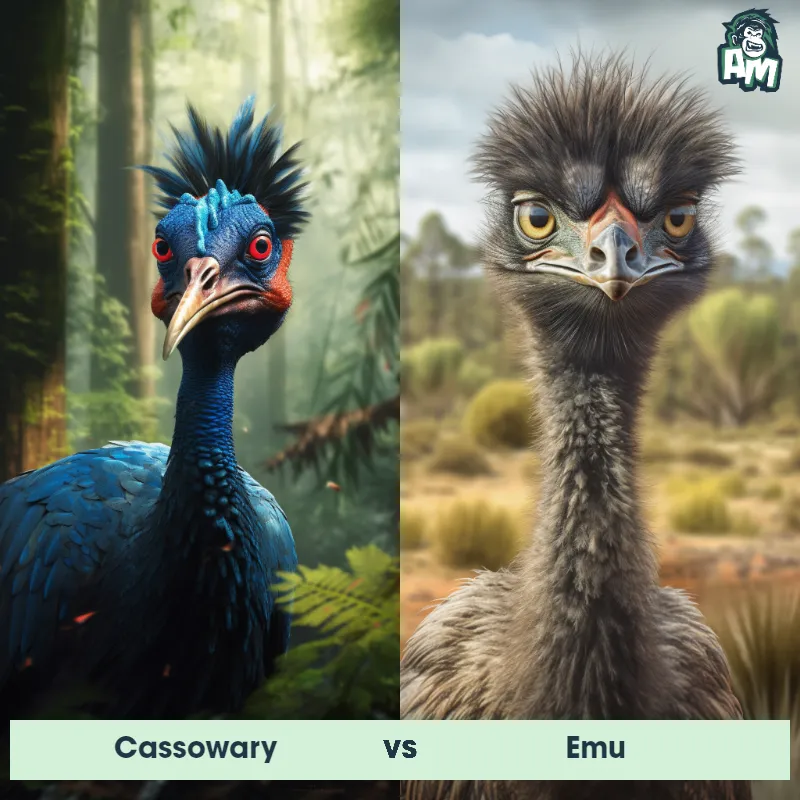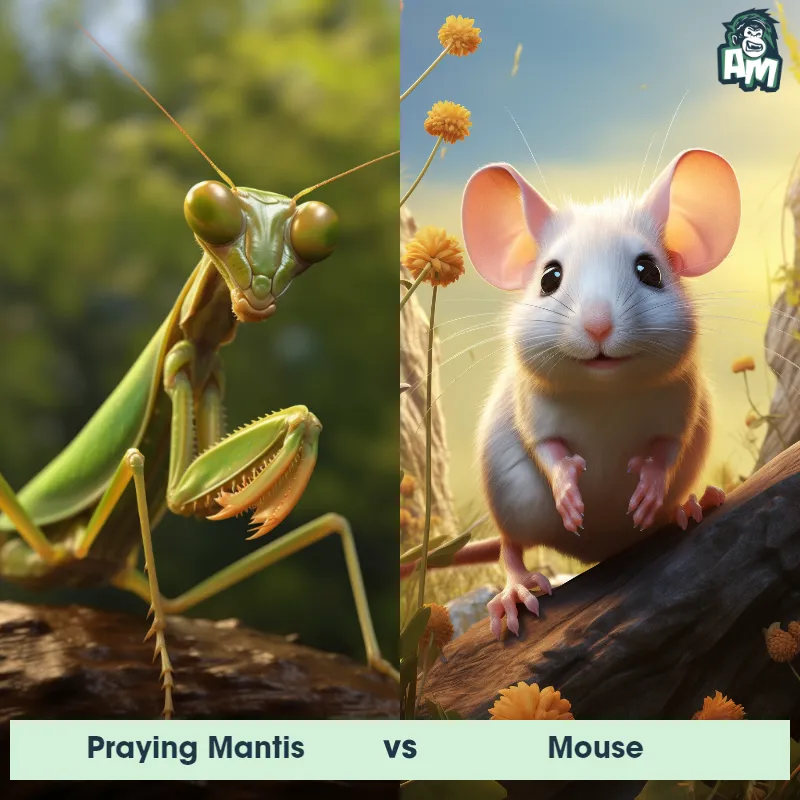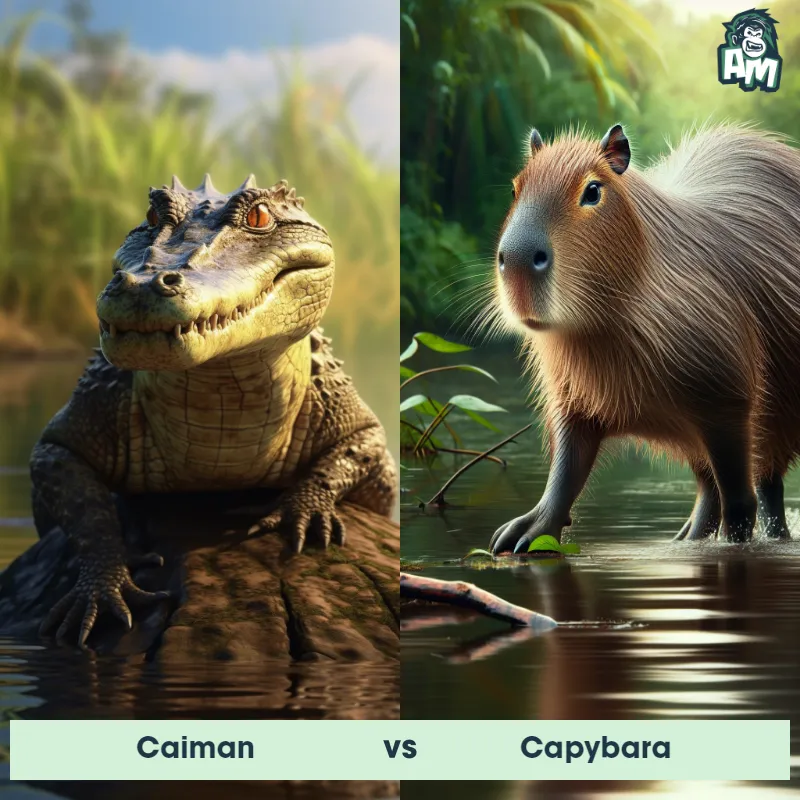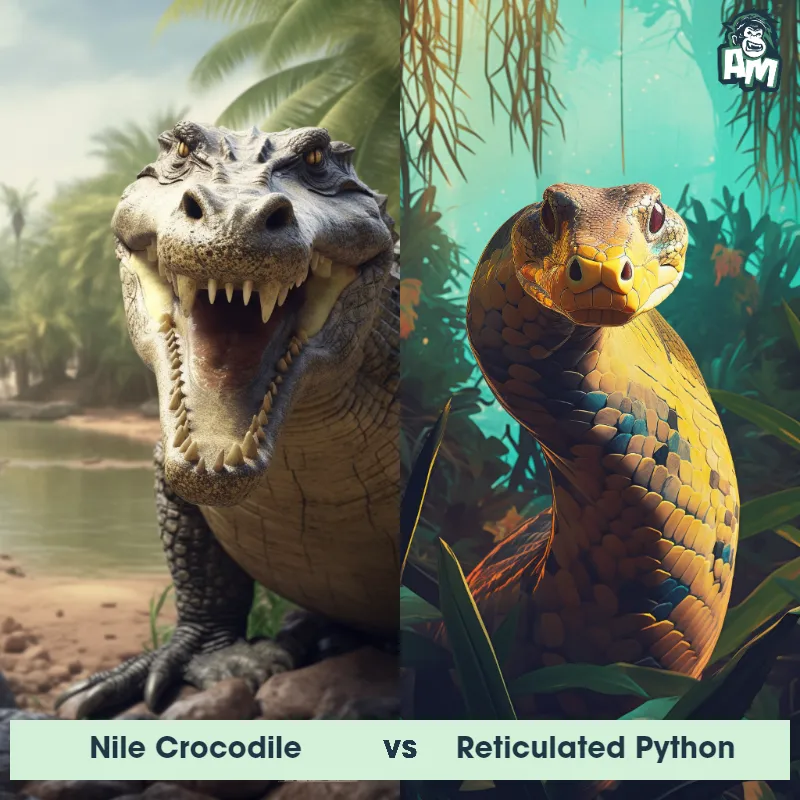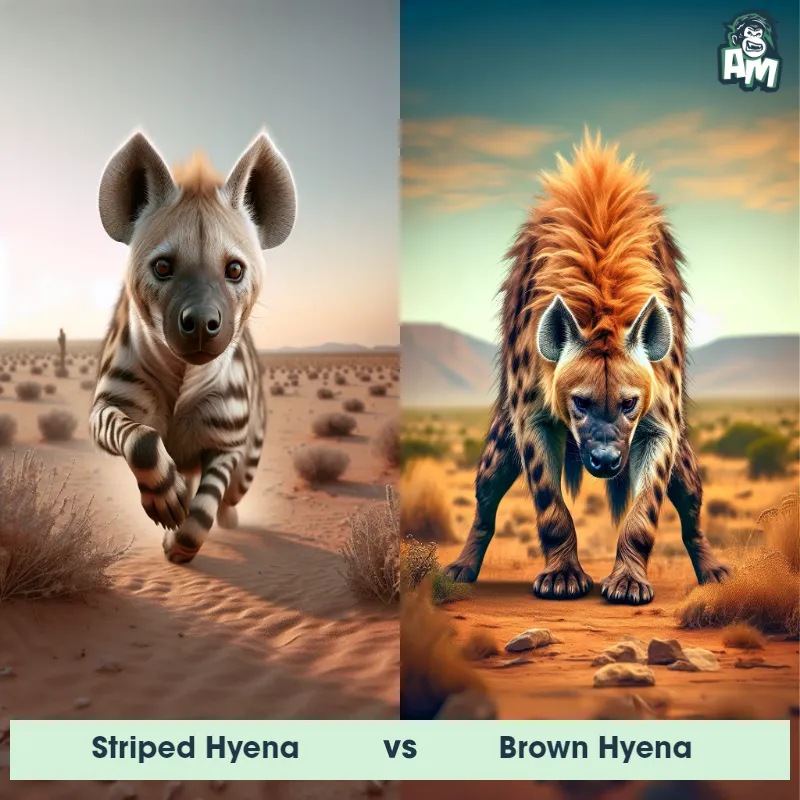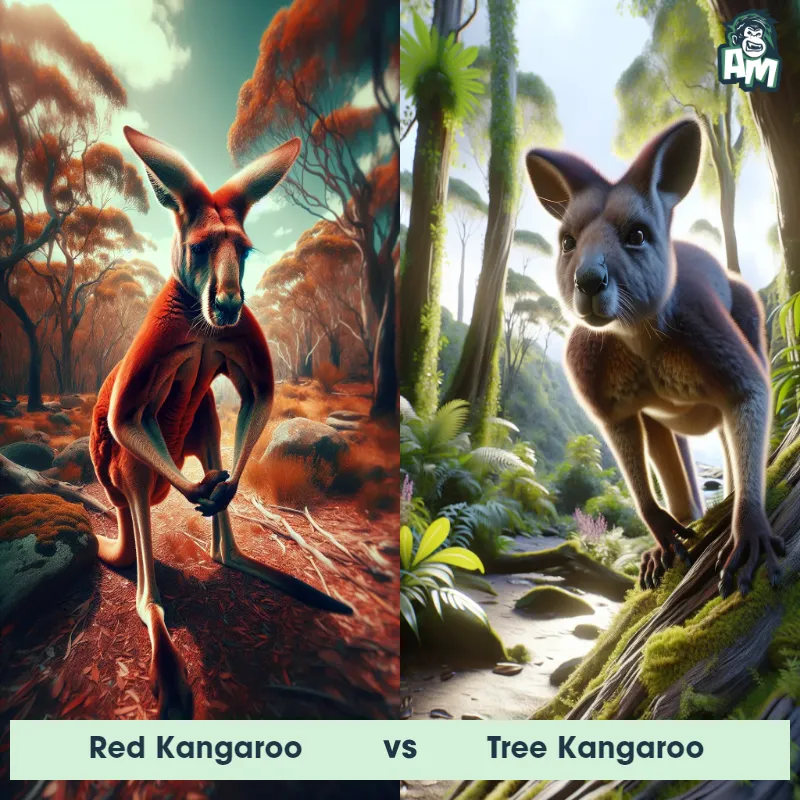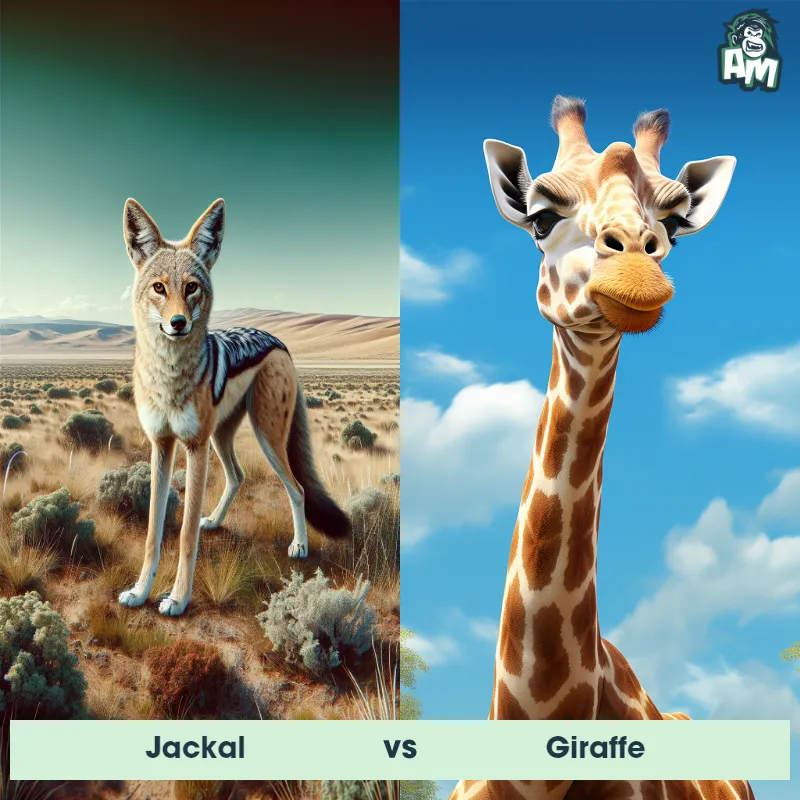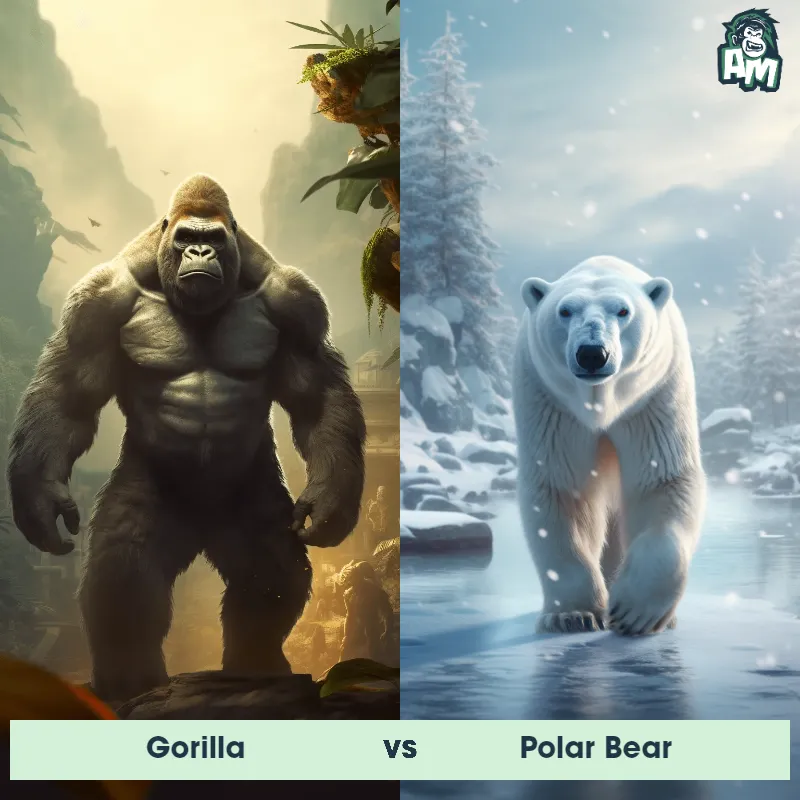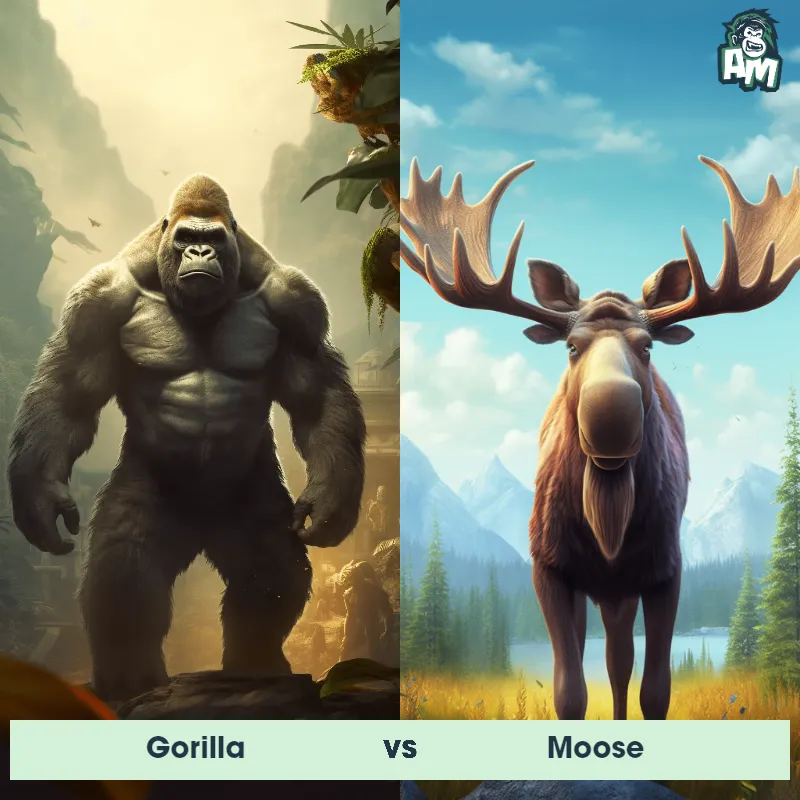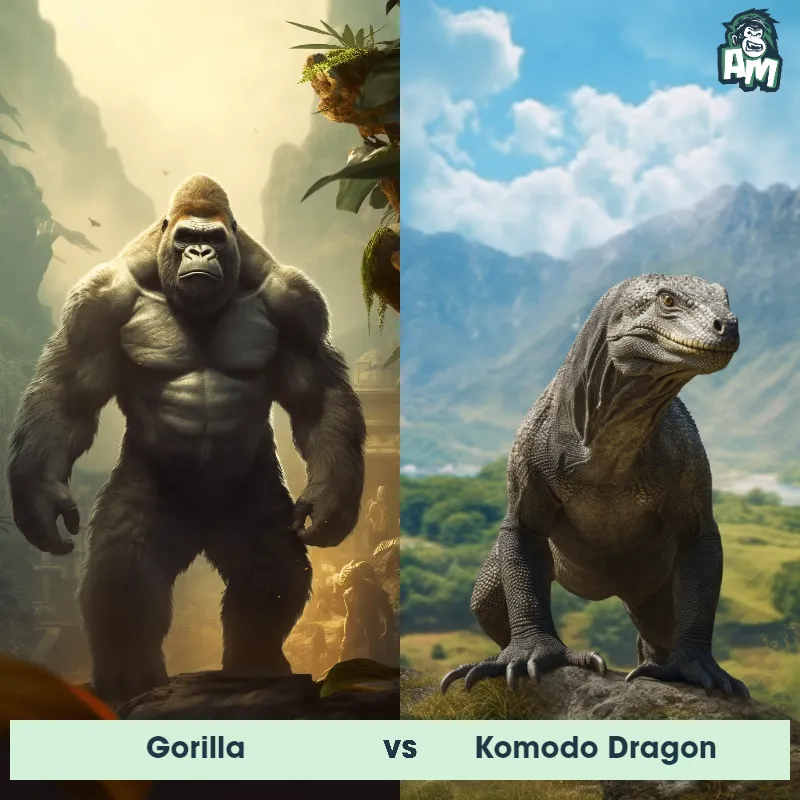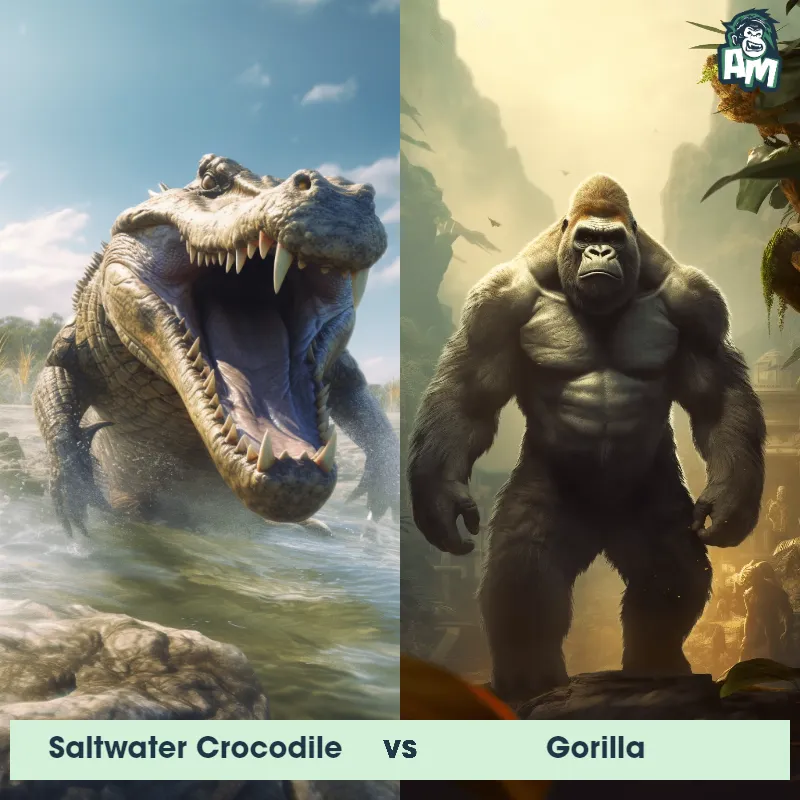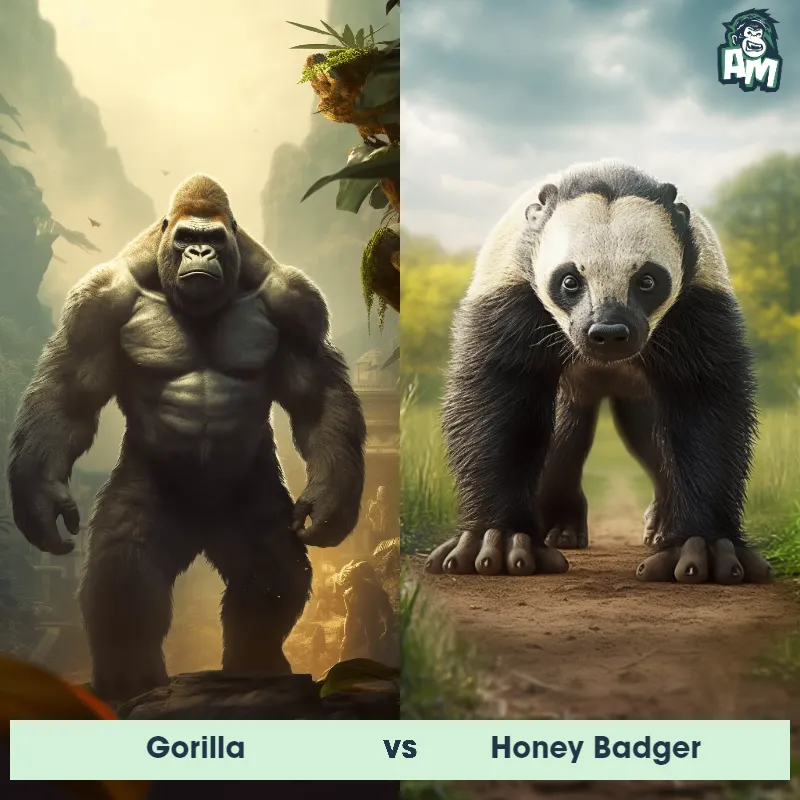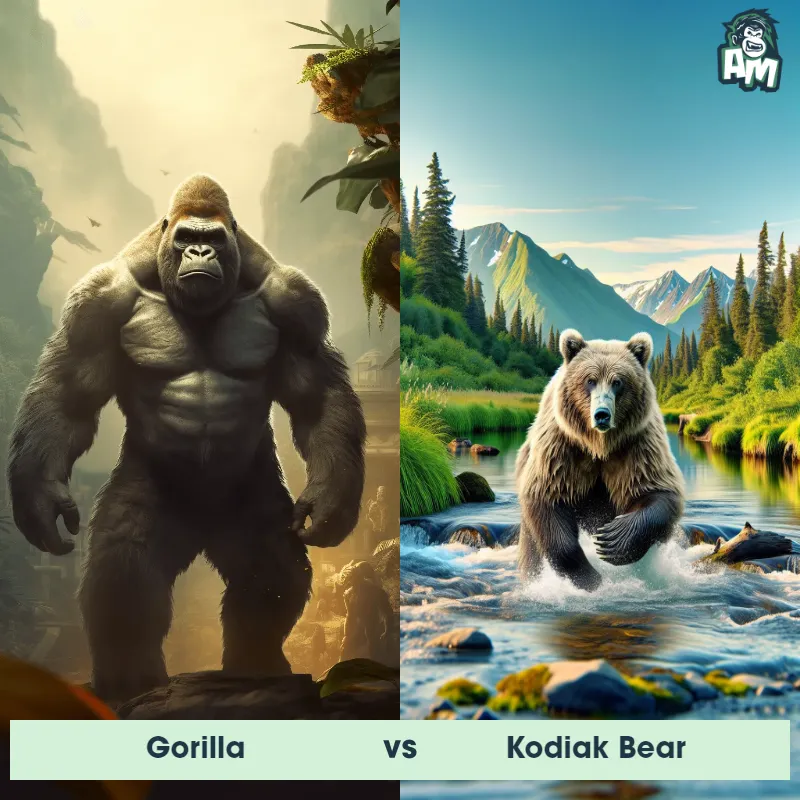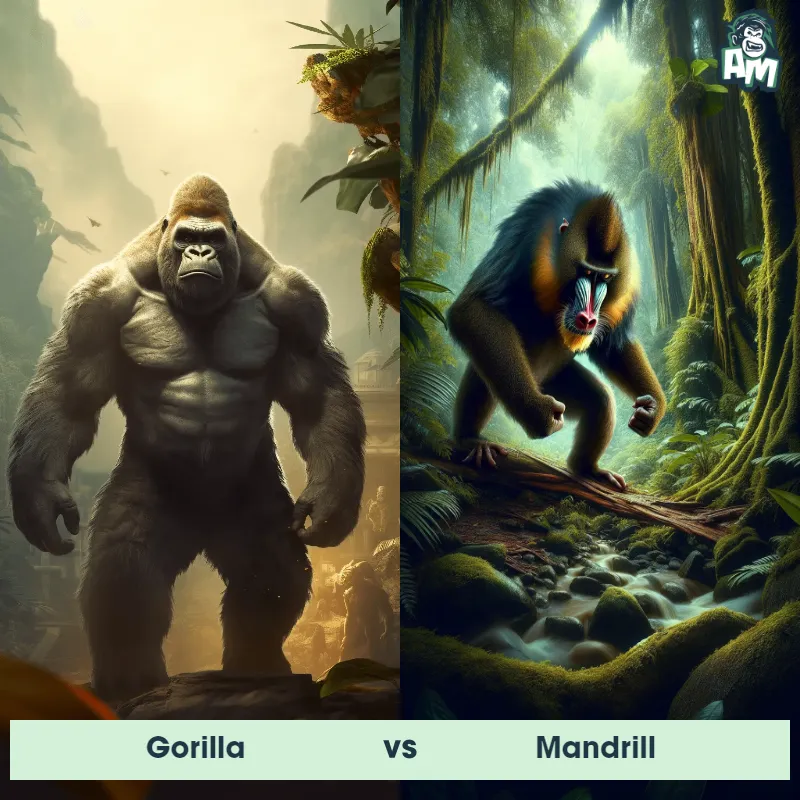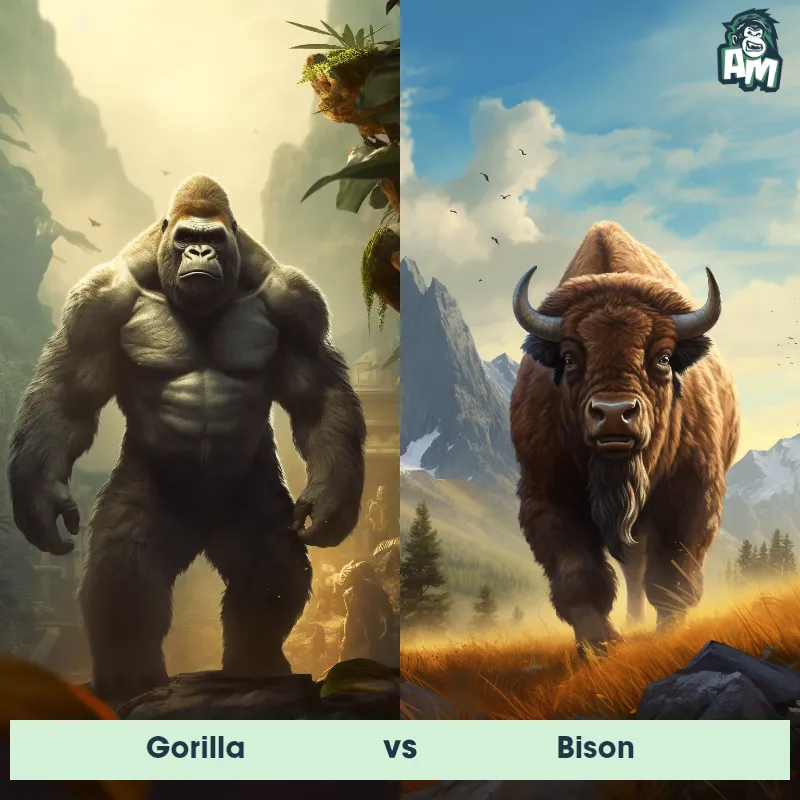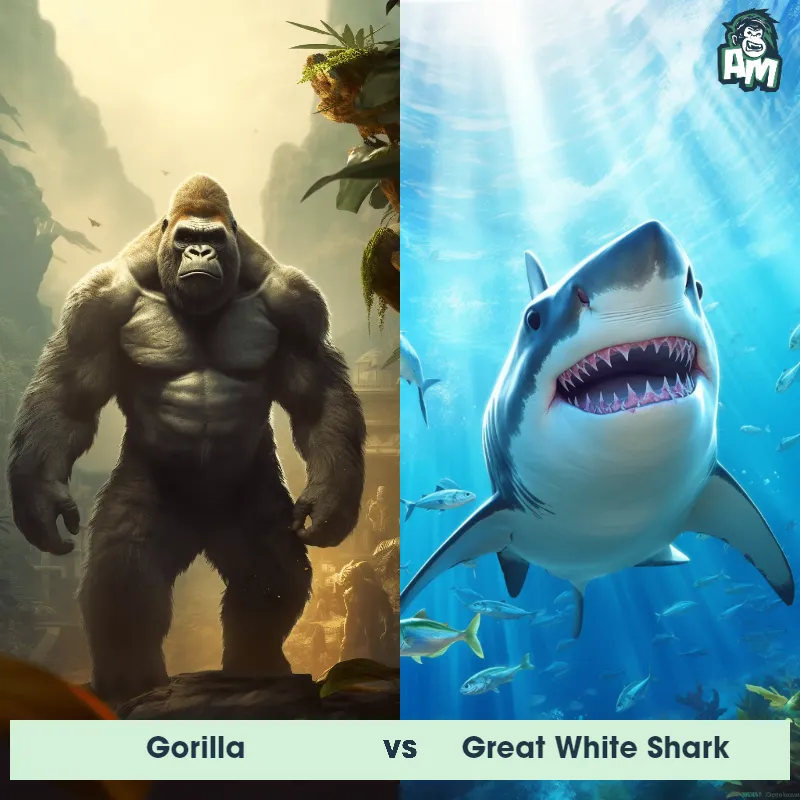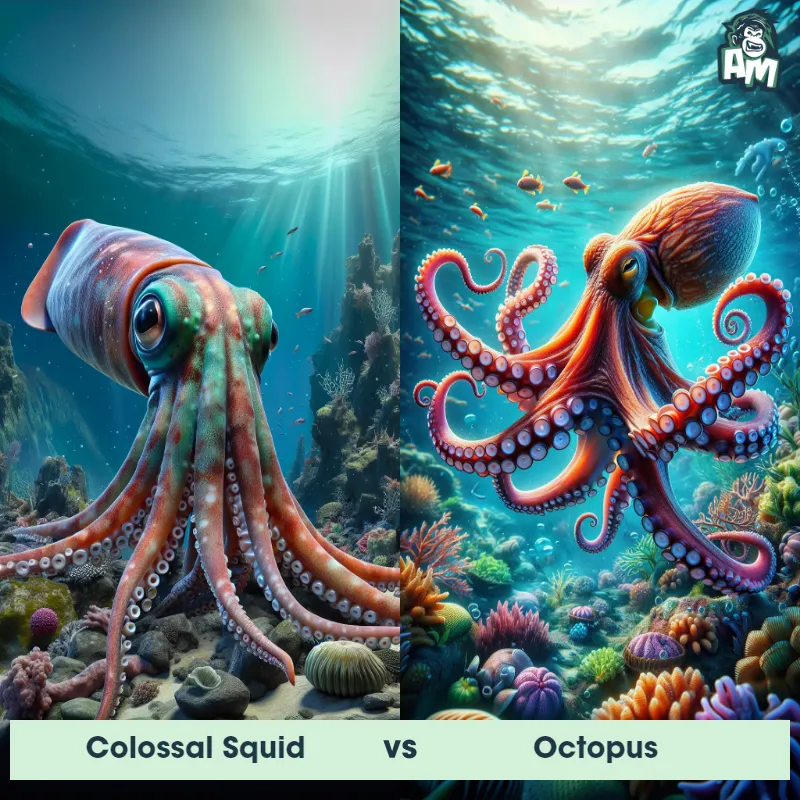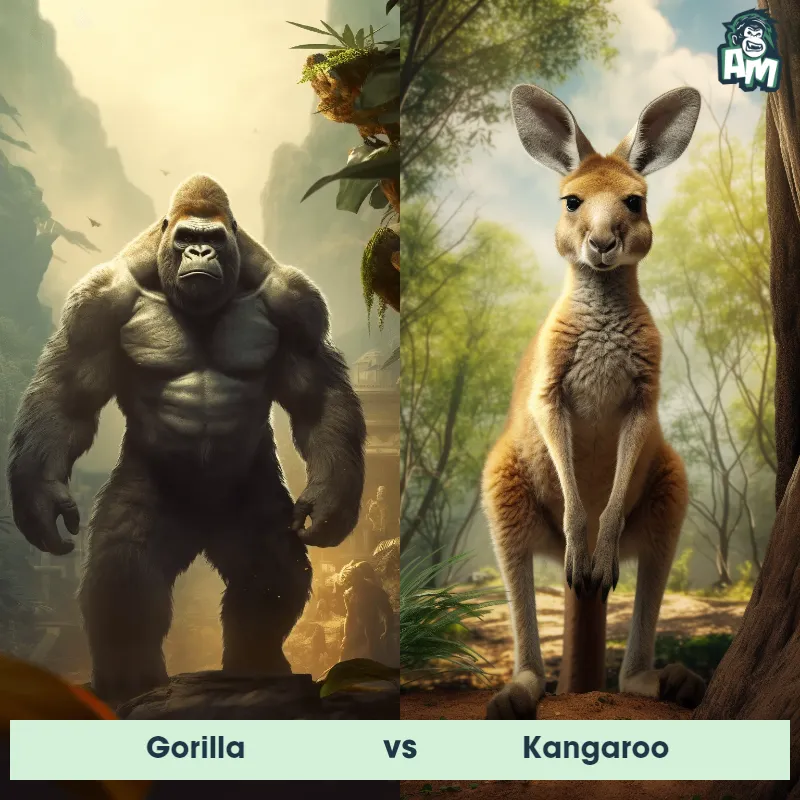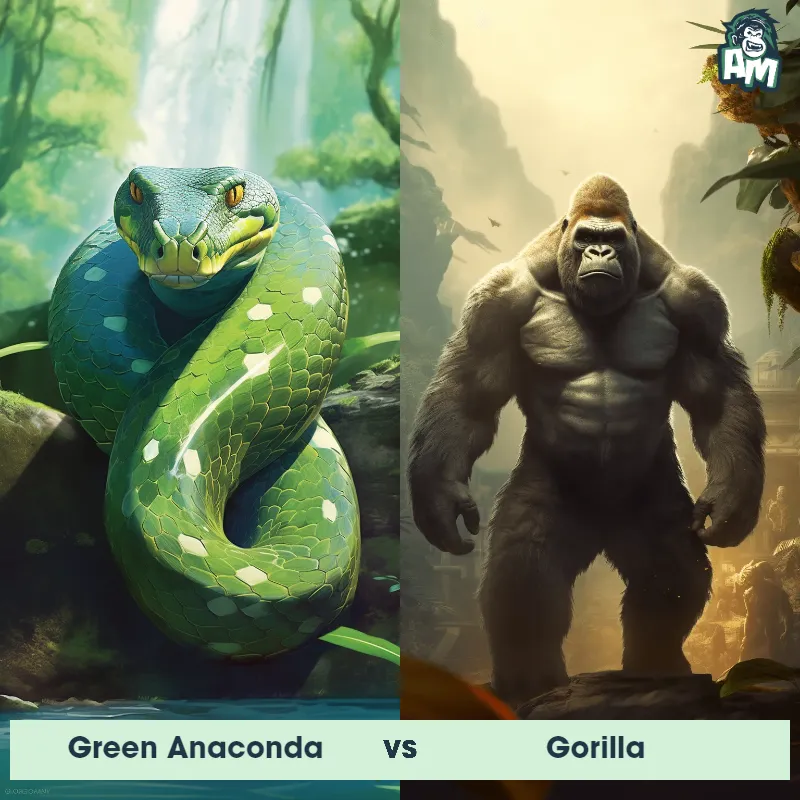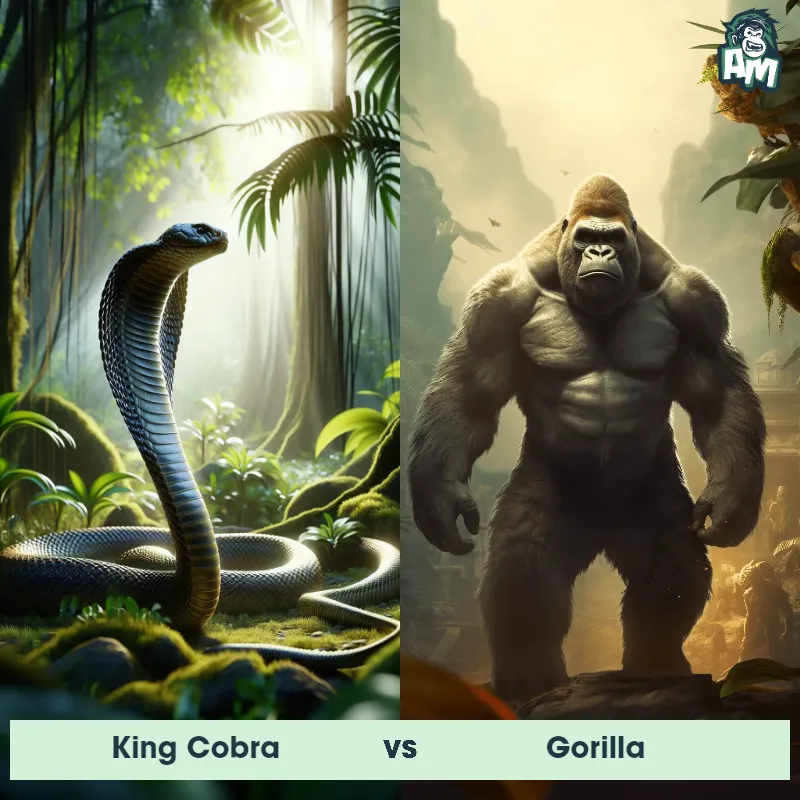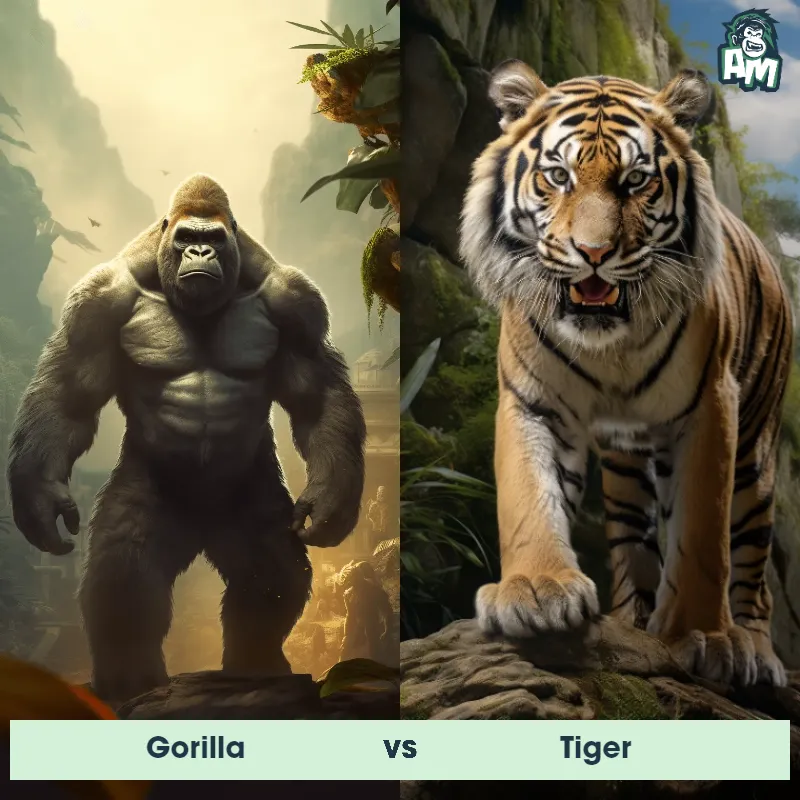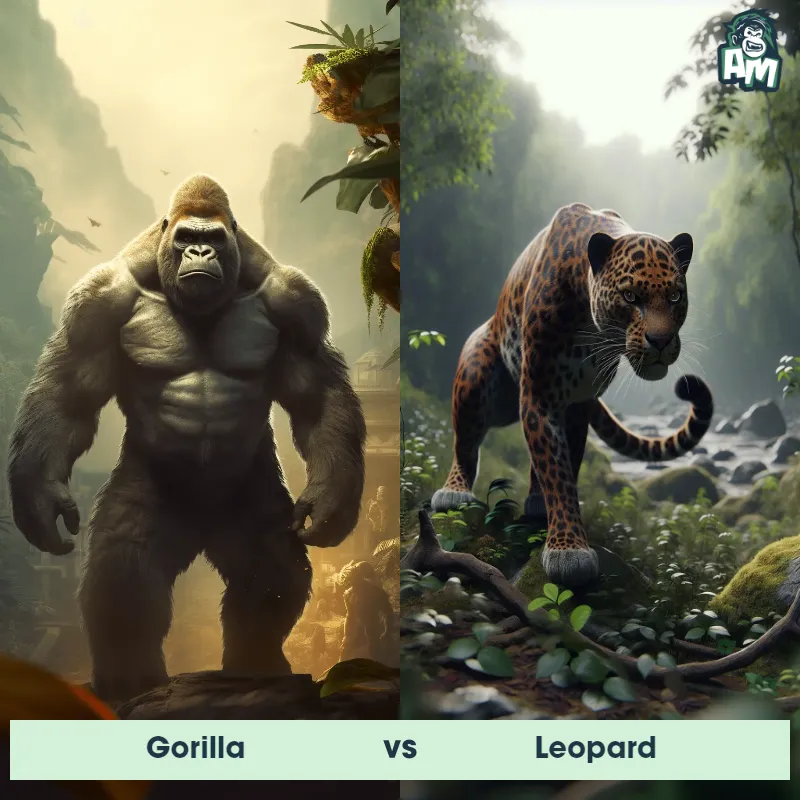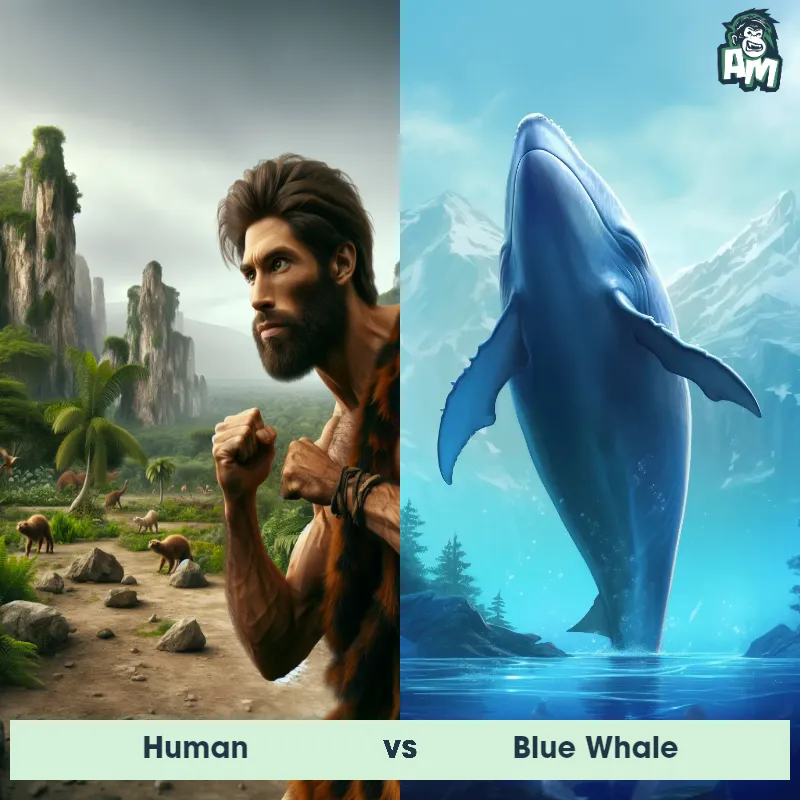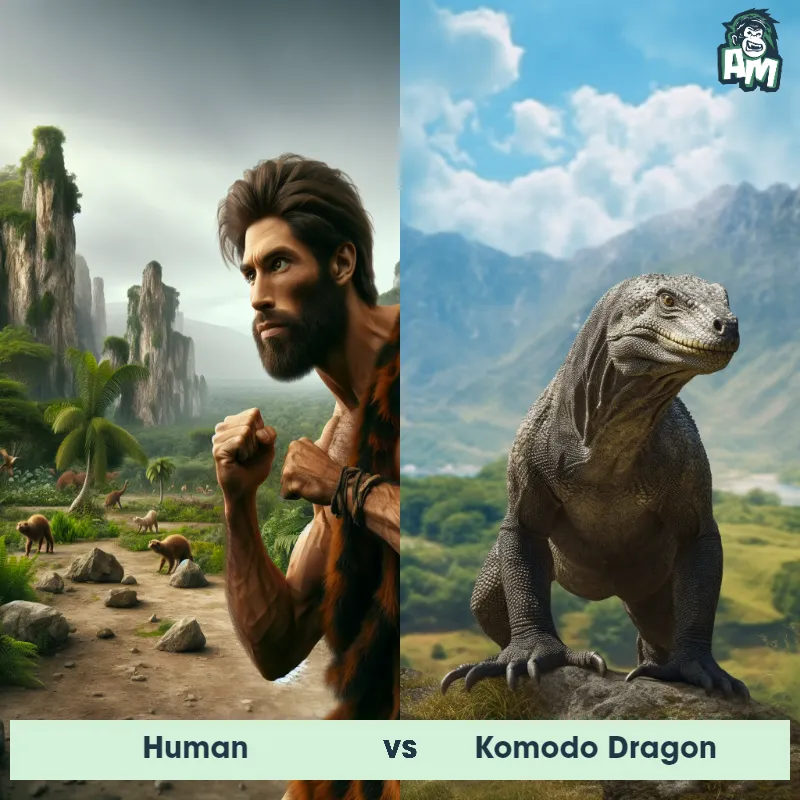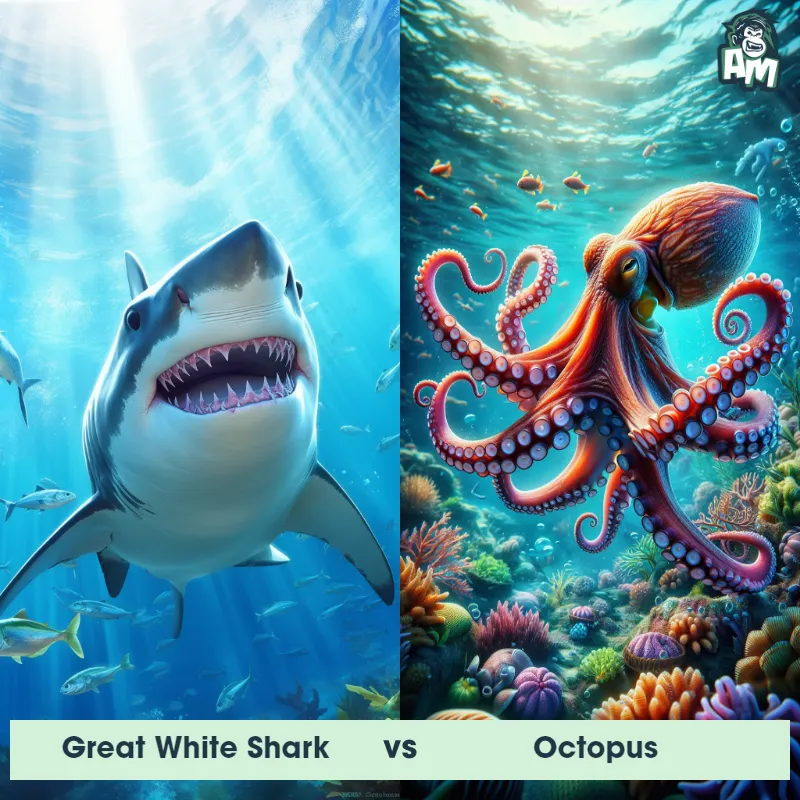Human vs OctopusSee Who Wins

Ladies and gentlemen, welcome to an epic matchup between a Human and an Octopus. Both competitors are ready to give it their all in this three-round fight. Let's see who comes out on top in this unique battle of strength and agility.
Contender 1: Human
The human, Homo sapiens, is a highly intelligent and social primate species. They are characterized by their upright posture, opposable thumbs, and relatively hairless bodies compared to other mammals. Humans have complex brains that enable them to think, reason, and communicate through language. They possess a wide range of physical variations in height, weight, and skin color due to genetic diversity. Humans are known for their adaptability and capacity to use tools, which has allowed them to thrive in a variety of environments across the globe.
![[object Object] Gif](https://tenor.com/view/hungry-caveman-muppetwiki-muppet-wiki-jim-henson-gif-11005515308056547982.gif)
Fun Fact: Humans are the only known species capable of abstract thinking, allowing them to conceptualize ideas and think in terms of concepts that do not have a physical presence.
Contender 2: Octopus
The octopus is a fascinating marine creature known for its rounded body, large eyes, and eight long arms lined with suckers. They belong to the class of mollusks known as cephalopods and are widely regarded as the most intelligent invertebrates. The octopus's skin color and texture can change dramatically, a trait used for both communication and camouflage. Octopuses are carnivorous, feeding mainly on crabs, shrimp, and other small sea creatures.
Fun Fact: Octopuses have three hearts; two pump blood to the gills, while the third pumps it to the rest of the body.
Matchup Stats
| Human | Octopus | |
|---|---|---|
| Size | Average height of 5 feet 7 inches (170 cm) | Varies by species, from 1 inch (2.5 cm) to 14 feet (4.3 m) in arm span |
| Weight | Average weight of 154 pounds (70 kg) | Varies by species, from less than 1 ounce (28 grams) to 600 pounds (272 kilograms) for the largest species, the Giant Pacific Octopus |
| Speed | 27.8 mph (44.7 km/h) | 25mph (40km/h) |
| Key Strength | Intelligence and ability to strategize | High intelligence, ability to change skin color and texture for camouflage, and use of ink for defense |
| Biggest Weakness | Lack of physical strength compared to some animals | Soft body with no skeletal structure, making them vulnerable to larger predators |
Current Votes
Human vs Octopus
See Who Wins
View More Matches
Looking For More?
Similar Matches
Scientific Stats
| Human | Octopus | |
|---|---|---|
| Scientific Name | Homo sapiens | Octopoda |
| Family | Hominidae | Octopodidae |
| Habitat | Diverse habitats, including forests, grasslands, deserts, and urban areas | Marine environments, from shallow coastal waters to deep-sea trenches |
| Geography | Found on all continents | Worldwide, in all oceans |
| Diet | Omnivorous, with a preference for cooked food | Carnivorous, feeding mainly on crabs, shrimp, and other small sea creatures |
| Lifespan | 70 years - 90 years | 1 year - 5 years |
Key Differences between Human and Octopus
- Eyes: Humans have forward-facing eyes with whites and colored irises, while Octopuses have large, round eyes with pupils that are usually slit-shaped.
- Size: Humans are typically much larger than Octopuses, with humans averaging around 5-6 feet in height while Octopuses are usually only a few feet in length.
- Body shape: Humans have a distinct upright posture with a head, torso, and limbs, while Octopuses have a soft, boneless body with a bulbous head and arms radiating out.
- Coloration: Humans have a wide range of skin colors, while Octopuses usually have the ability to change color and texture for camouflage.
- Number of limbs: Humans have four limbs (two arms and two legs) while Octopuses have eight arms covered in suction cups.
- Intelligence: Humans are known for their advanced cognitive abilities and problem-solving skills, while Octopuses are highly intelligent invertebrates with complex behaviors and the ability to learn quickly.




